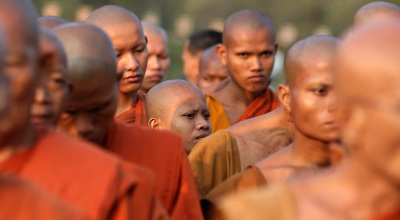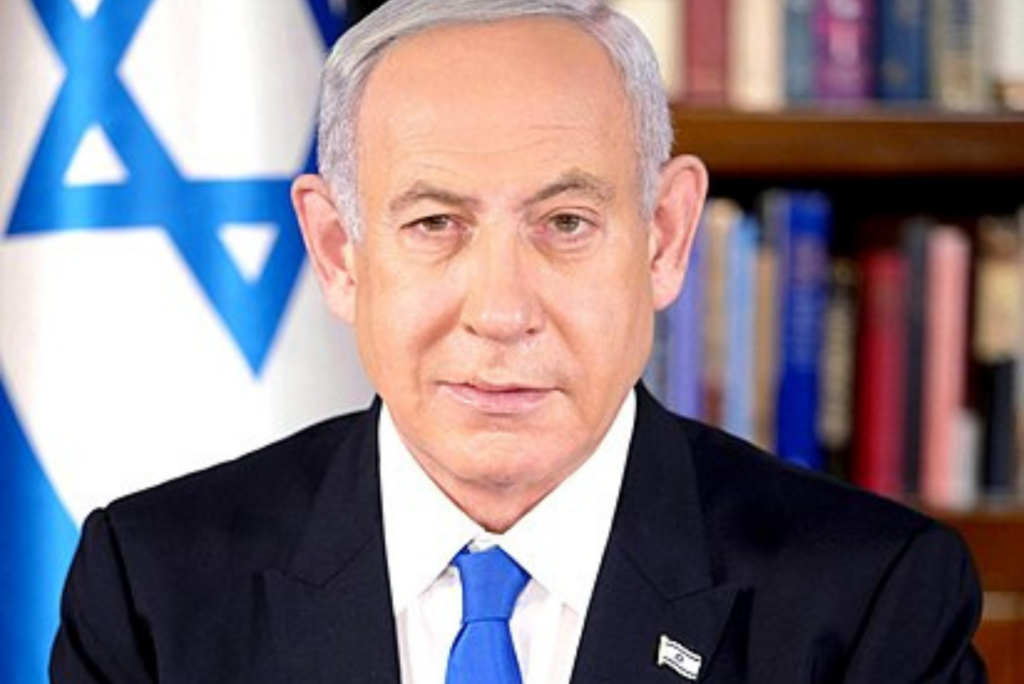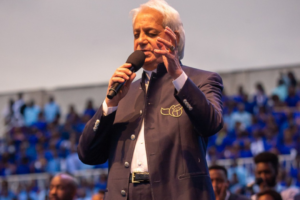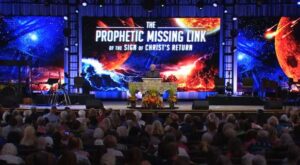Lao officials on April 5 confiscated and sealed a church building in southern Laos after holding a two-day seminar warning against religious belief, according to advocacy group Human Rights Watch for Lao Religious Freedom (HRWLRF).
Besides sealing the church building in Khamnonsung village, Saybuly district, they also warned that other unrecognized churches in the district in Savannakhet Province would soon be shut down.
Local Communist Party official Saysamorn, along with Saysana, district deputy chief of police, and Bountha, district head of religious affairs, ordered all villages to attend the seminar, held from April 3 to April 5 and entitled “Tricks of the Enemy.”
According to villagers present at the seminar, the officials declared that Westerners, particularly those from the United States, were using the Christian faith to destabilize the government. They then declared that the 745 Christians in the village could only meet in private homes, claiming that they did not have permission to construct the Khamnonsung church building–although it was erected in 1963, prior to the 1975 Communist takeover of Laos.
“How do these officials know that Khamnonsung did not follow proper procedures back in 1968?” HRWLRF asked in a press release issued today. “And if a permit is required for this building, why wait 49 years to tell them?”
The officials also declared that only one church in the district, located in Dongpoong village, was officially recognized and that all others would soon be shut down, HRWLRF reported.
There are a total of 30 church buildings scattered throughout Savannakhet Province–but only seven are approved by the government.
On April 1, members of two other Lao churches in Saybuly district met for worship in buildings that were earlier confiscated by authorities, according to HRWLRF.
Authorities confiscated the 37-year-old Kengweng village church building on Feb. 22 and another belonging to a church in Dongpaiwan village on Sept. 22. At 7 a.m. on April 1, Kengweng church members removed the padlock from the door of their building, entered and worshipped there. Members of Dongpaiwan did not enter their building but assembled outside it, HRWLRF reported.
The congregations met as a protest against the continued lack of access to worship facilities, a spokesman from HRWLRF told Compass.
Another church in Nadeng village was confiscated on Dec. 4, but members have not yet dared to meet in or go near the building.
Saysamorn, Saysana and Bountha also traveled to Kengweng on Feb. 21 and conducted a compulsory two-day seminar for villagers, urging them not to adopt or follow foreign religions, according to HRWLRF. At the close of the seminar on Feb. 22, they confiscated and sealed the village church building and ordered the 178 Christian not to hold services there.
Church members were instructed to submit a formal written request to village, district and provincial level officials if they wished to use the building again, according to a local church member who preferred to remain unnamed.
On Sept. 14, some 20 Saybuly district officials, military and police personnel seized Dongpaiwan village church and tore down a cross on the building on grounds that church members, numbering around 200, had not obtained prior approval for construction.
The villagers argued that while permission was necessary, the local government routinely denied new applications for the construction of churches, thereby creating an impossible situation and denying them the right to worship freely as guaranteed in the constitution.
Officials then converted the church into a school for fifth graders, moving chairs and desks into the building and posting a military guard on the property to prevent Christians from returning there.
In northern Laos, Officials in Luang Namtha and Luang Prabang provinces recently ordered Christians in several villages to renounce their faith or face expulsion, according to HRWLRF reports.
On March 2, some 20 officials including district police officers, Communist Party members and village security forces, summoned pastor Khamla of Dongvieng village, Viengphuka district in Luang Namtha Province, and sharply rebuked him for believing in Christianity. After interrogation, officials ordered Khamla to give up his faith within five days or “be cast out of the village.”
Khamla was the only known Christian in a district with a population of 20,000.
On Feb. 18, the chief of Hueygong village in Pakoo district of Luang Prabang Province ordered 10 Christian families in the village, a total of 65 people, to give up their faith or face expulsion. The Christians, most of whom became Christians only three months prior to the eviction order, were meeting for worship in the home of church leader Yar Yang.
Before the order was given, Pakoo district officials told Christians in the district to report the number of church members and churches and apply for official permission to adopt the Christian faith. A leader of one of eight house churches in Pakoo explained to HRWLRF that the district chief, the religious affairs office and the local secretary of the Communist Party had to give their approval before Christians could openly confess faith and worship God.
When Christians failed to comply with these orders, officials gave them a month to recant their faith or face expulsion.
Before the expulsion could take place, however, Bousee Chantuma, head of religious affairs in Luang Prabang, reportedly told Pakoo officials that they must reverse the expulsion order as they had no legal grounds to issue it, and threatened to take the matter to provincial and central religious affairs offices. He also warned them that Christians in the district could not be arrested without his permission, according to HRWLRF.
Earlier, on Jan. 13, authorities in Hueysell village, Ngoi district of Luang Prabang Province, summoned two Christian leaders and ordered them and their congregation of about 80 people to abandon their faith or be expelled.
To date the Christians have held firm to their faith, and authorities have yet to follow through on the eviction order.
See an error in this article?
To contact us or to submit an article


















